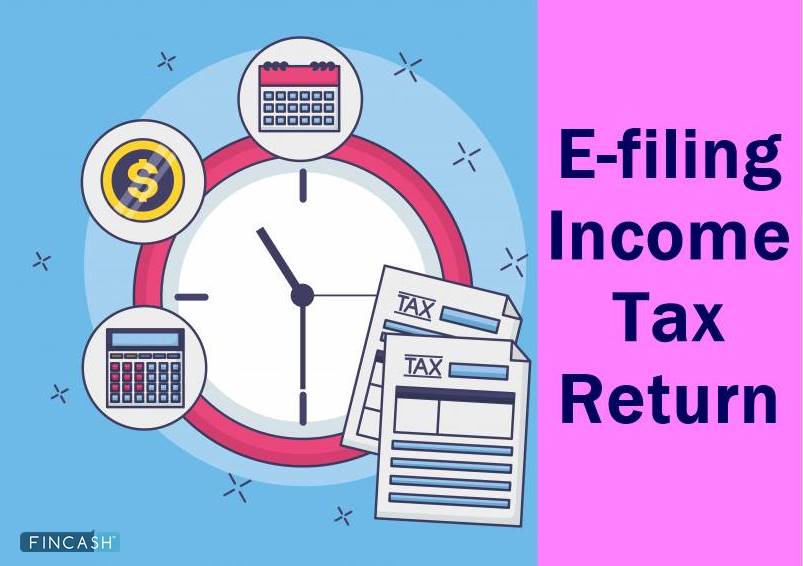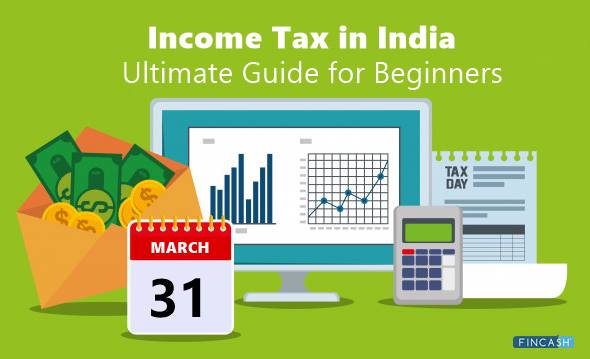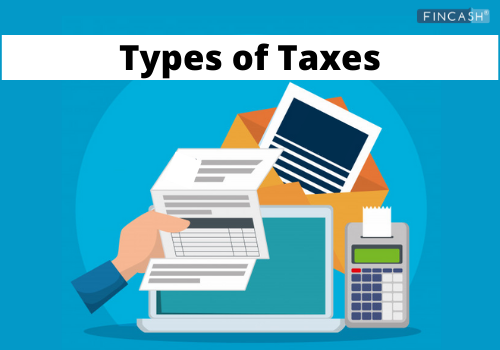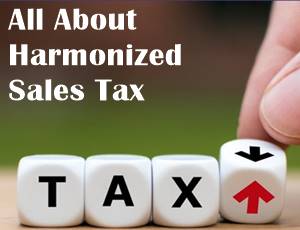A Guide to Sales Tax & Types of Sales Tax
Sales tax is a percentage of a product value, which is charged at the point of exchange or purchase. There are different types of sales tax such as- retail, manufacturers, wholesale, use and value-added tax, which you will get to learn in this article.
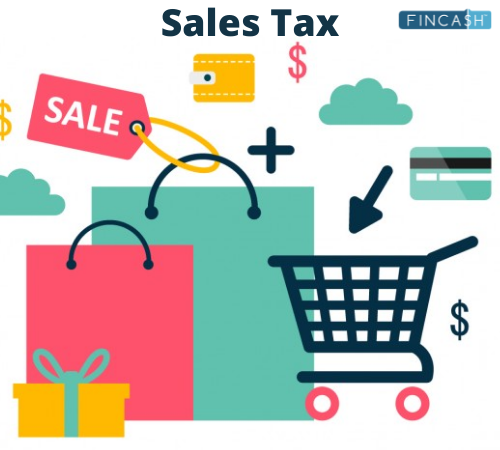
What is a Sales Tax?
The indirect tax imposed on purchasing or selling of services or goods within the territory of India is referred to as a sales tax. It is the additional amount paid over and will be above the basic value of the services or goods being purchased by a consumer.
The sales tax is commonly imposed by the Government of India on the seller, it helps the seller to collect tax from the consumer. It is charged at the point of purchase. State Sales tax laws will be different depending on the state.
Retail or conventional sales taxes get charged only to the end consumers of some goods or services. The majority of products in modern economies are known to go through a series of stages of production. The production processes are handled by multiple entities. As such, a major amount of documentation is needed for proving who might be liable for sales tax.
Different jurisdictions are known to charge varying sales taxes –that might overlap in most cases. This is when states, territories, municipalities, and provinces might levy the respective sales taxes on the goods & services.
Sales tax is known to be closely linked to use taxes –applying to residents who might have purchased items from outside the respective jurisdiction. Both are usually set at a similar rate as that of the sales taxes. However, these are tough to enforce implying that these are in practice when only applied to major purchases of goods that are tangible.
Types of Sales Tax
Wholesale Sales Tax
The tax applied to individuals dealing with the wholesale distribution of goods or services is referred to as the wholesale sales tax.
Manufacturer's Sales Tax
It is the tax charged on the creator/manufacturers of some distinct goods or services.
Retail Sales Tax
The tax applied on Sale of goods which is directly paid by the final customer is called as retail sales tax.
Use Tax
This is applicable when a consumer bought goods or services without paying sales tax. Vendors who are not part of the tax jurisdictions, Use Tax is applicable to them
Value Added Tax
This is the additional tax that is applied by some central government on all kinds of purchases is referred to as Value-added Tax.
Sales Tax in India
All policies regarding sales tax are governed by the Central Sales Act,1956. Central Sales Act lays down rules to tax laws, which are binding on the purchase or sales of goods or services. It also includes sales taxes, which are charged by the central government. The central sales tax must be paid for a particular product in the state itself where it is being purchased.
Talk to our investment specialist
Exemption from Sales Tax
On humanitarian grounds, some categories exempt from State Sales Tax and are offered to overcome any kind of double taxation on goods or services. They are as follows:
All goods or services which have been exempted by the state government. If a seller produces valid state resale certificates, then those products or services are exempt from sales tax.
If a seller sells for the purposes of charities or educational institutions like school, colleges, etc.
Sales Tax Formula
Sales tax applicable on a particular good or service can be easily calculated by a simple formula:
Total sales Tax = Cost of the item X Sales tax rate
A few points to remember before calculating sales tax:
- Add prices of multiple items before computing sales tax
- Sales vary from state to state, therefore, the Manufacturer or sellers have to keep updated about any change in sales tax rates from the Government.
- It is always calculated as a percentage.
Sales Tax Violations
- Sellers and Manufacturers need to be aware of any kind of violation to prevent them from committing any kind of criminal activity.
- Manufacturers need to provide accurate information while filling up the Central Sales Tax(CST) form.
- Manufacturers/sellers need to secure registrations as mentioned in the CST Act.
- Manufacturers/sellers need to abide by the security provisions mentioned in the CST Act.
- If goods are bought at discounted rates, then the misappropriation must be included.
- Manufacturer/sellers cannot register with a false identity.
- Manufacturers/sellers cannot collect sales tax without securing the appropriate registrations.
- Manufacturers/sellers cannot submit false statements about purchased goods or services.
Central Board of Direct Taxes
There is a Central Board of Direct Taxes, which is composed of members who are assigned crucial responsibility across different categorized departments like income tax, Investigations, Revenues, Legislation and Computerisation, Personnel and Vigilance and Audit and Judicial.
The Central Board of Direct Taxes is accountable for the following:
- Formulation of new policies related to Direct Tax.
- Central Board of Direct Taxes oversees the administration of direct tax laws alongside with the Income Tax Department.
- Disputes and complaints on evasion of taxes also are investigated by the Central Board of Direct Taxes.
Nexus
Whether or not an organization owes sales tax to the given government would ultimately depend on the manner the government is defining nexus. A nexus can be defined as a form of physical presence. However, the given presence is not limited to possessing a warehouse or an office. To have an employee in the given state can also be a part of the nexus –just like having an affiliate, like a partner website responsible for directing traffic to the page of the business in exchange for the profit share. The given scenario serves to be an instance of the tensions occurring between sales taxes and ecommerce businesses.
Excise Taxes
Generally, sales tax is known to take some percentage of the prices of products that are sold. For instance, a state might have around 4 percent of sales tax, a province featuring a sales tax of 2 percent, and a city featuring a sales tax of 1.5 percent. As such, the residents of the city are expected to pay a total sales tax of around 7.5 percent. However, in most cases, there are some items that are exempted –including food from the sales tax.
All efforts have been made to ensure the information provided here is accurate. However, no guarantees are made regarding correctness of data. Please verify with scheme information document before making any investment.
